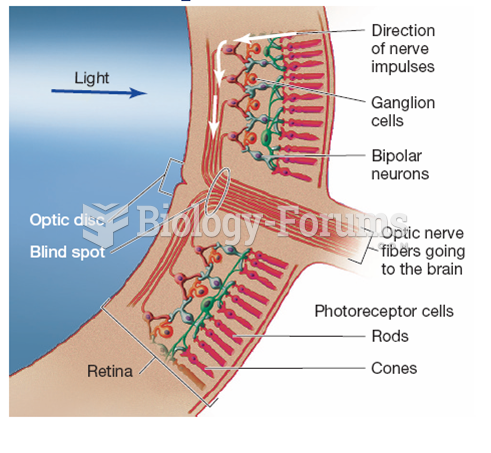|
|
|
Did you know?
The human body produces and destroys 15 million blood cells every second.
Did you know?
The most common childhood diseases include croup, chickenpox, ear infections, flu, pneumonia, ringworm, respiratory syncytial virus, scabies, head lice, and asthma.
Did you know?
In inpatient settings, adverse drug events account for an estimated one in three of all hospital adverse events. They affect approximately 2 million hospital stays every year, and prolong hospital stays by between one and five days.
Did you know?
In 1864, the first barbiturate (barbituric acid) was synthesized.
Did you know?
Bacteria have flourished on the earth for over three billion years. They were the first life forms on the planet.







